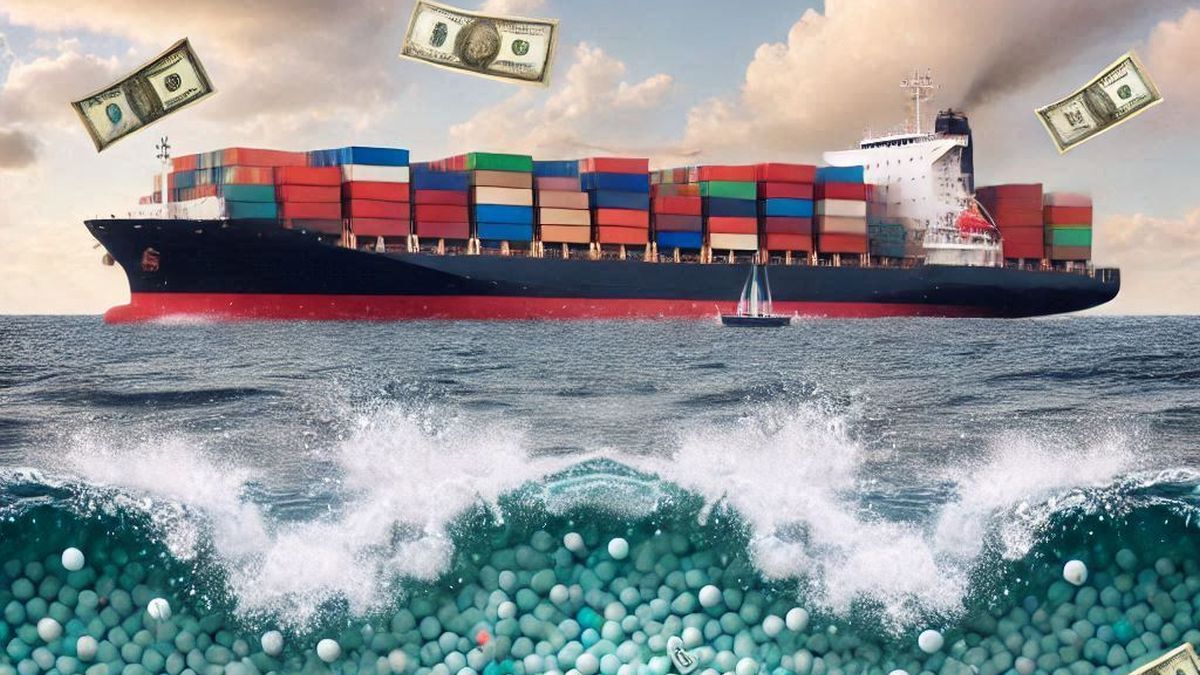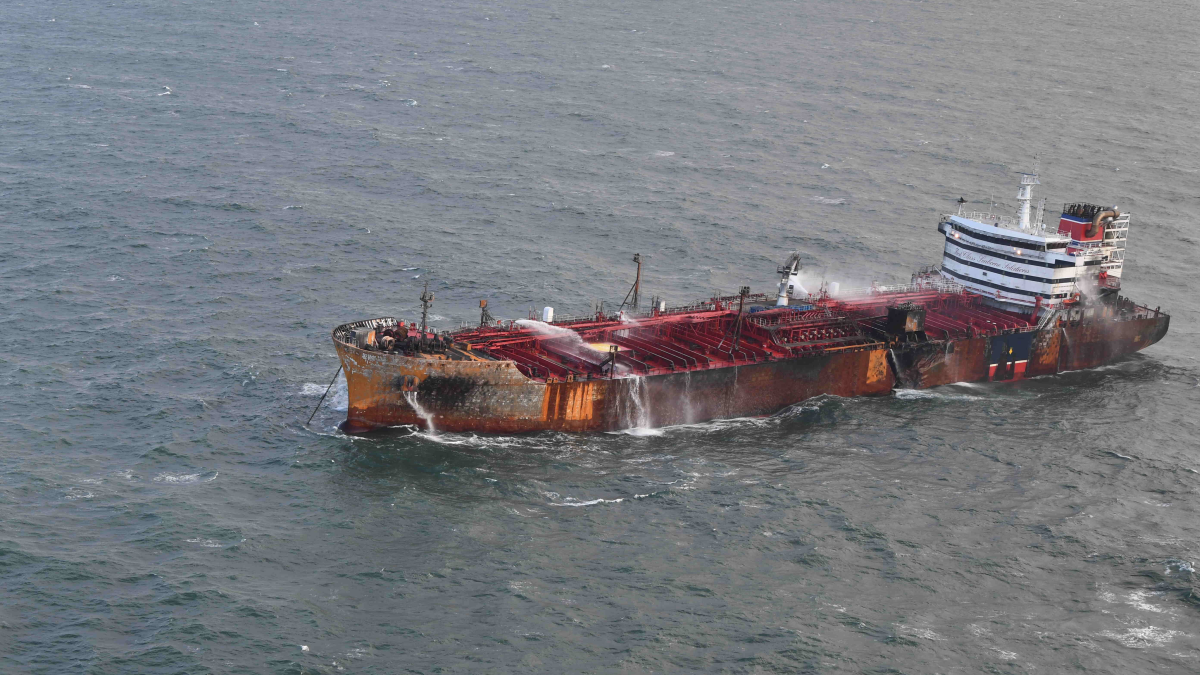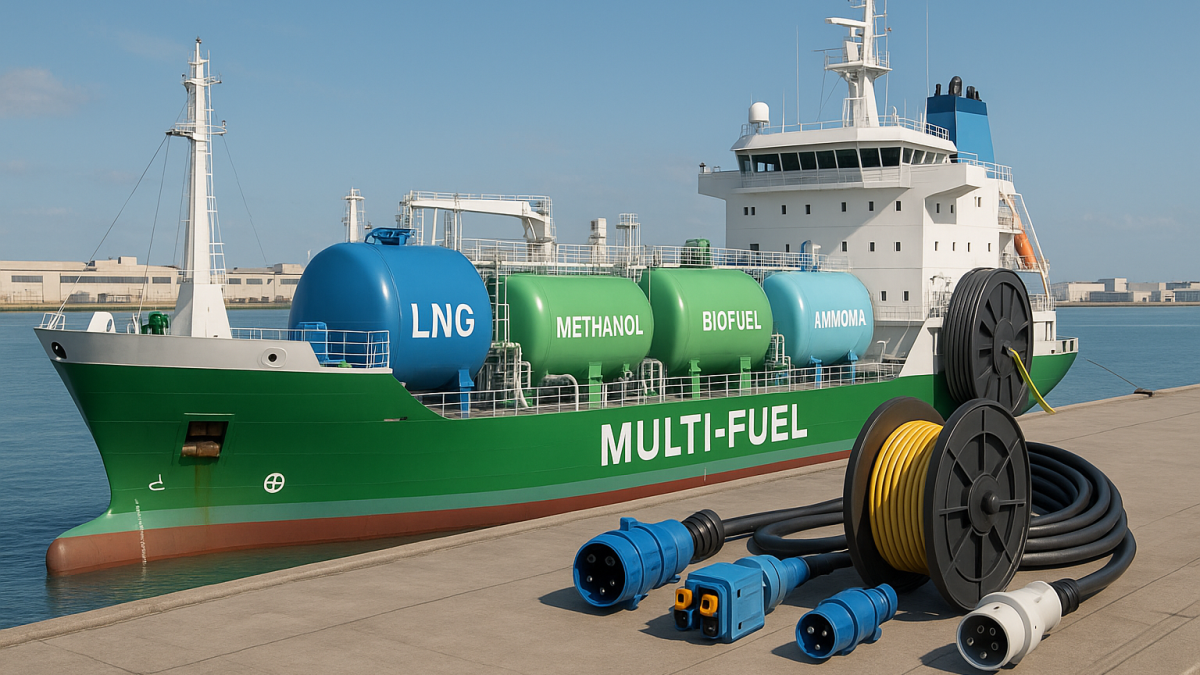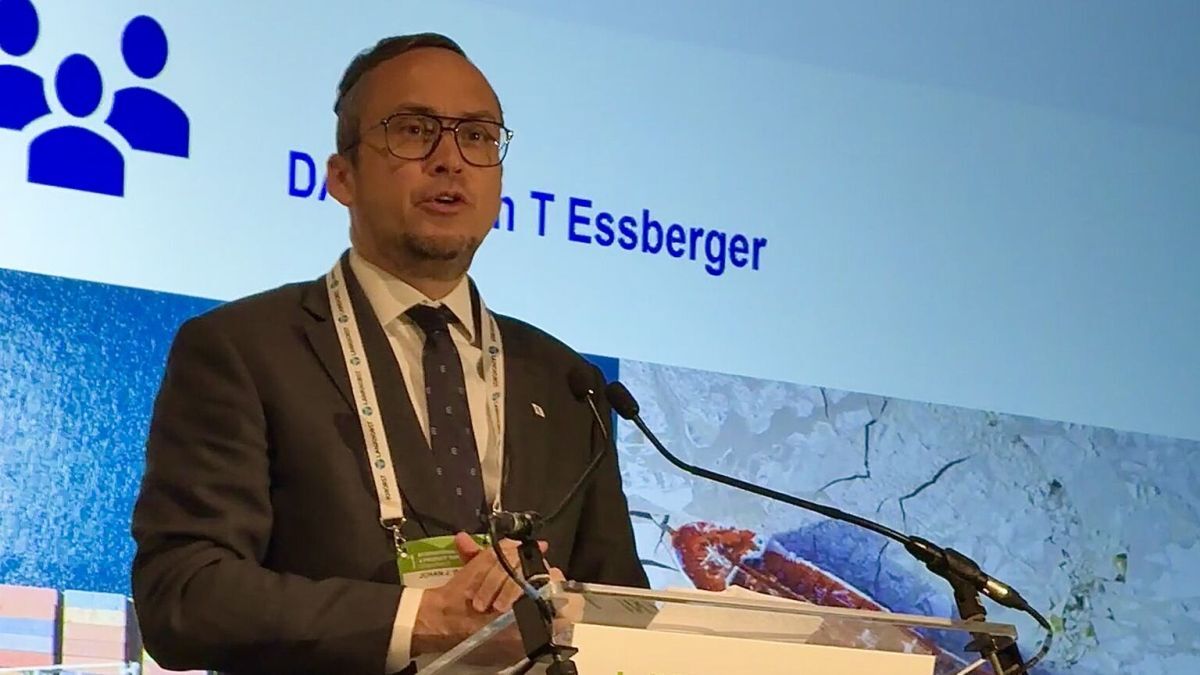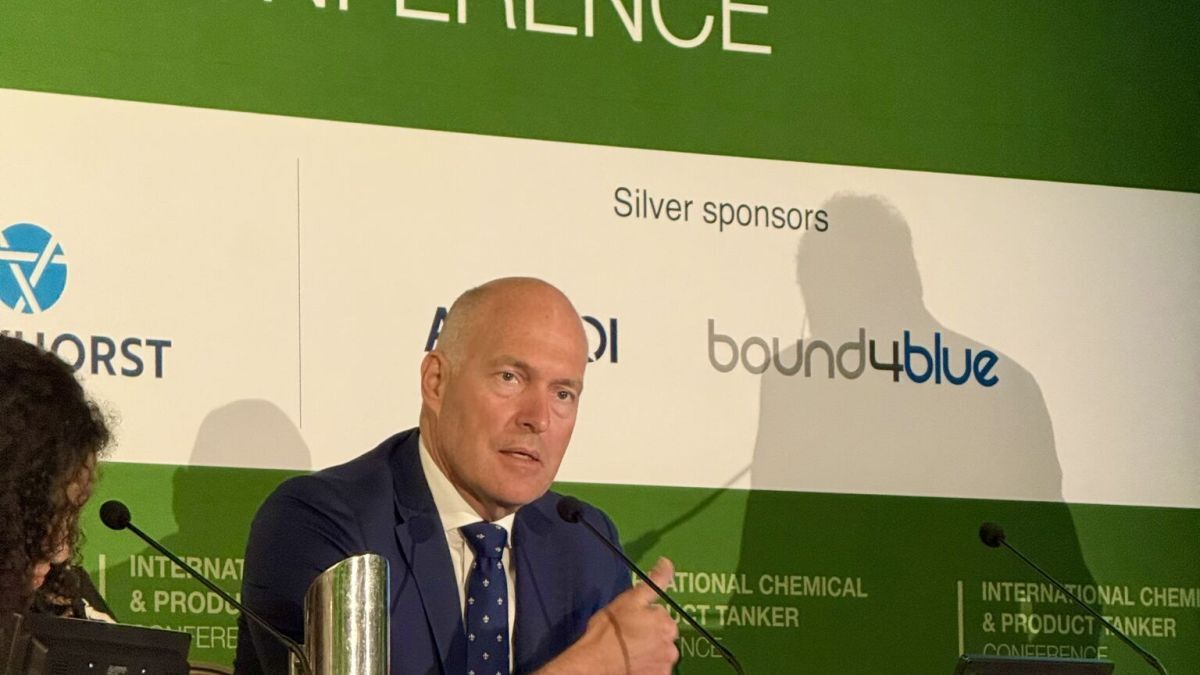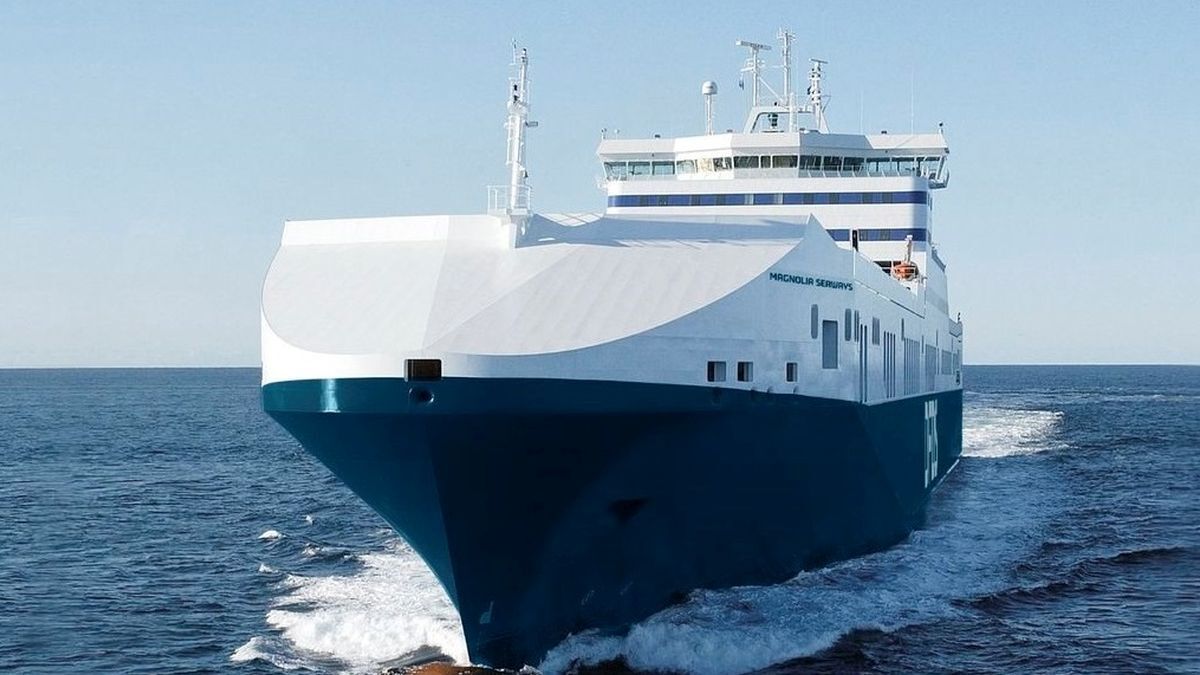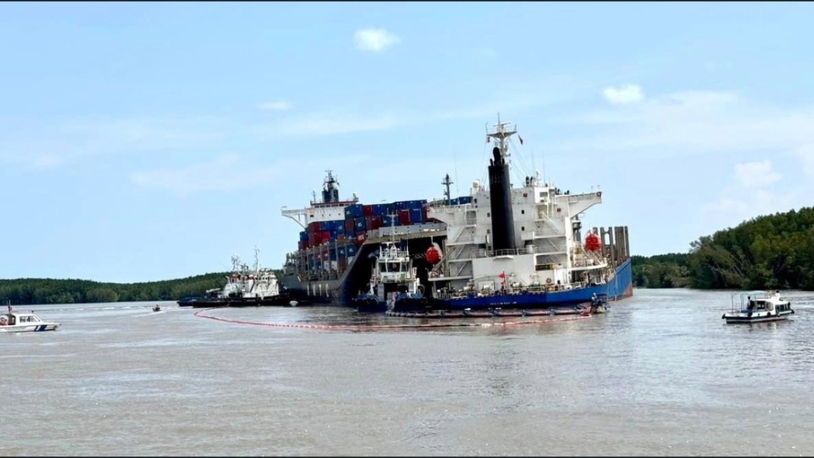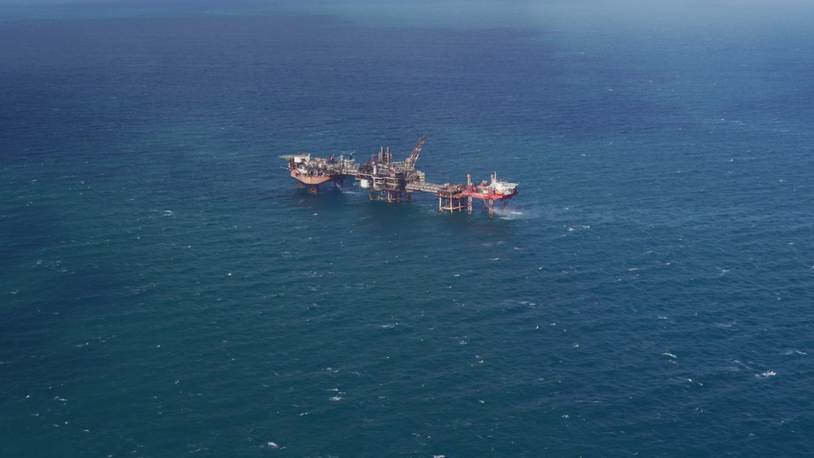Business Sectors
Events
Contents
Register to read more articles.
Marine plastic litter: why it matters to vessel operators
A review of marine plastic litter regulations, compliance measures and IMO’s evolving action plan to address plastic pollution from ships
Marine plastic litter is a relatively new but pressing environmental challenge for vessel operators. Its origins lie in the mounting evidence of pollution from ships and fishing activities, compounded by the broader issue of plastic waste entering the oceans.
International Maritime Organization (IMO) has taken the lead in addressing this issue, driven by the Sustainable Development Goals (SDGs) and a growing understanding of the ecological and economic impact of marine litter.
The issue first gained attention at IMO’s Marine Environment Protection Committee (MEPC) when Iceland, Norway, the Marshall Islands, Palau and Vanuatu proposed its inclusion in discussions under SDG 14.
Sustainable Development Goal 14, titled Life Below Water, was adopted in 2015 as part of the United Nations 2030 Agenda for Sustainable Development. The initiative sought to mitigate plastic pollution and protect marine ecosystems.
These nations highlighted “the problem of marine plastic litter is not isolated to coastal areas; it directly impacts the shipping sector through operational disruptions and reputational concerns” (MEPC 72/15).
In recent years, the driving forces behind the marine plastic litter agenda have evolved. France and Germany have emerged as key players, with the former spearheading the development of cleanup guidelines for plastic pellet spills and amendments to Marpol Annex III.
The work of China in implementing voluntary measures for plastic pellet transport, including stowage improvements under MEPC.1/Circ.909, has also been pivotal. As China noted in its submission to IMO, “The effective implementation of this circular relies on collaboration across producers, carriers and regulators to minimise environmental risks” (PPR 12/11-4).
These members aim to ensure the adoption of practical measures that balance environmental protection with operational feasibility.
Currently, the regulatory framework on marine plastic litter is grounded in Marpol Annex V, which prohibits the discharge of plastic waste from ships and mandates reporting of lost fishing gear.
Recent discussions under the MEPC and PPR have proposed enhancements, including a potential new chapter in Marpol Annex III to regulate plastic pellets.
Voluntary measures, such as MEPC.1/Circ.909, provide guidance on the safe transport and packaging of plastic pellets, setting the stage for potential mandatory provisions. To comply with these measures, shipowners and operators must adopt robust waste management plans and adhere to guidelines for fishing gear marking and retrieval.
Transporting plastic pellets requires adherence to packaging and stowage recommendations, with carriers ensuring secure arrangements and documentation.
Compliance is critical not only for environmental protection but also for mitigating liability. Penalties for non-compliance are jurisdiction-specific, ranging from fines to liability for cleanup costs. For example, improper handling of plastic pellet transport or failure to report lost gear could result in severe financial repercussions, particularly under stricter enforcement of Marpol provisions.
However, challenges remain – data gaps and inconsistencies across national reporting frameworks hinder the uniform implementation of IMO measures.
As Australia noted in its correspondence to IMO, “A lack of harmonisation in data collection undermines the ability to assess and address marine plastic litter comprehensively” (PPR 12/11).
Efforts to unify reporting standards under IMO frameworks are ongoing but face resistance due to resource constraints and varied national capabilities.
Another critical debate centres on mandatory versus voluntary measures. While voluntary instruments like MEPC.1/Circ.909 have demonstrated early success, the transition to mandatory regulations requires industry consensus. As China highlighted, “Sufficient time must be provided for experience-building and industry adaptation before moving to mandatory instruments” (PPR 12/11-4).
The balance between stringent requirements and operational adaptability is crucial, particularly for emerging issues such as microplastics from anti-fouling paints.
Global engagement remains a cornerstone of IMO efforts
Encouraging broader adoption of voluntary measures and fostering international co-operation are essential to building consensus for future regulatory steps.
Friends of the Earth International, a consistent advocate for mandatory measures, noted the importance of “implementing real-time reporting systems and expanding the scope of Marpol provisions to address plastic pellet spills effectively” (PPR 11/13-12).
IMO will continue its work on marine plastic litter at the next session of the Marine Environment Protection Committee (MEPC 83), scheduled from 7 to 11 April 2025, at the IMO headquarters in London. The agenda includes follow up work emanating from the Action Plan to Address Marine Plastic Litter from Ships.
With items such as the energy efficiency of ships, reduction of greenhouse gas emissions and pollution prevention also on the docket, marine plastic litter will remain a critical focus amid broader environmental discussions.
The path forward will require collaboration across governments, industry stakeholders and non-governmental organisations.
IMO’s evolving action plan seeks to strike a delicate balance between environmental stewardship and the practicalities of maritime operations.
Shipowners and operators must remain proactive, not only in compliance but also in contributing to the broader dialogue shaping the future of marine plastic litter regulations.
Riviera’s Maritime Regulations Webinar Week will be held 16 December 2024. Click here to register for this free industry-leading event.
Related to this Story
Events
Maritime Environmental Protection Webinar Week
Cyber & Vessel Security Webinar Week
The illusion of safety: what we're getting wrong about crews, tech, and fatigue
Responsible Ship Recycling Forum 2025
© 2024 Riviera Maritime Media Ltd.


